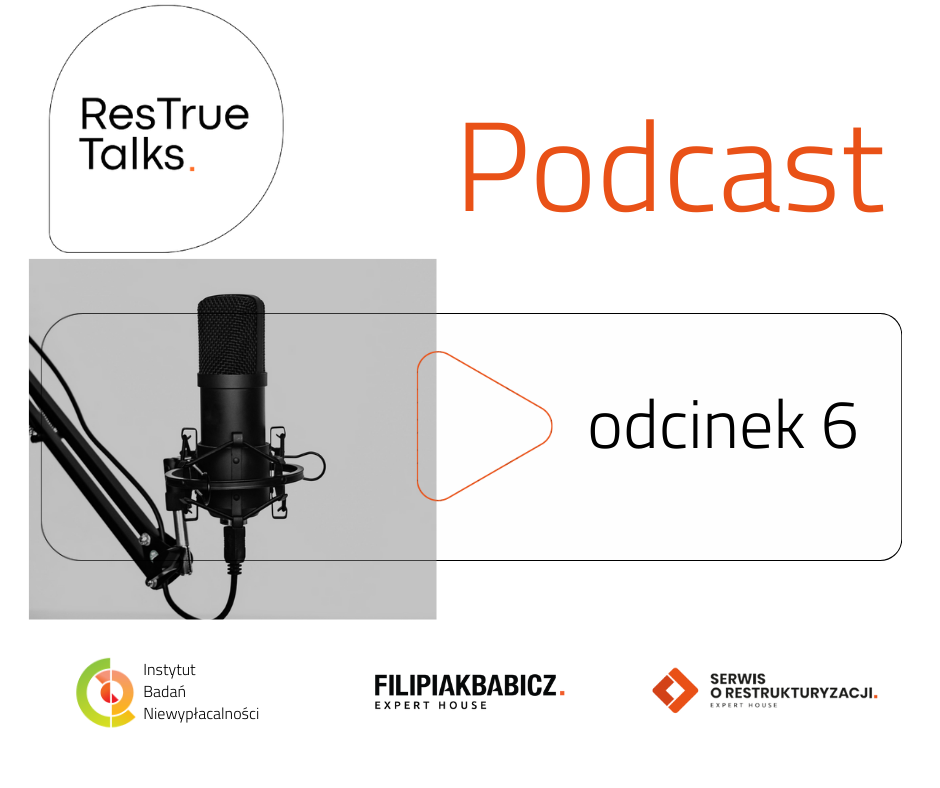
Consequences of WeWork’s bankruptcy

Over the past month, many press titles and websites have reported on the bankruptcy announced by WeWork representatives in the United States and Canada. Due to the international nature of the American start-up’s operations, consideration was given to the impact of this decision on the operation of related companies located in other countries. Restructuring advisor Patryk Filipiak responded and explained a number of these doubts.
WeWork representatives announced bankruptcy, citing the Chapter XI procedure. What is it about?
The “Chapter 11” procedure is a judicial restructuring proceeding conducted in the US by the Bankruptcy Court under the provisions of Chapter XI (Chapter 11) of the federal bankruptcy law of 1978 (Bankruptcy Act 1978). The purpose of this procedure is for the debtor to conclude an arrangement with creditors that will redefine the amount and repayment date of the debts. Under Chapter XI, it is also possible to sell the entire enterprise to a new owner (strategic or financial) and repay creditors from the obtained price. The point is to save the company’s value and continue the business, usually with a changed share structure.
Why does WeWork, as a company in bankruptcy, claim that it does not apply to locations other than the US and Canada?
The opening of WeWork’s restructuring in the US does not mean that its effects are automatically recognized in other countries. Unlike in the European Union (excluding Denmark), bankruptcy (Chapter VII procedure) and restructuring (Chapter XI procedure) opened in the USA must be recognized in other countries on the basis of internal regulations on international bankruptcy proceedings. In Poland, the provisions of the Restructuring Law and the Bankruptcy Law apply in this respect, created – in the part on international proceedings – on the basis of the UNCITRAL Model Law (UN Commission on International Trade Law) of 1997. The UNCITRAL Model Law has been implemented in 59 countries, including USA and Poland. For the Chapter XI proceedings regarding WeWork to be recognized in Poland, an appropriate application must be submitted to the bankruptcy court. The application for recognition of the judgment opening Chapter XI is usually submitted by the American court administrator, and its purpose is to bring Polish property under the competence of American authorities.
However, the opening of proceedings in the USA does not directly concern the activities of related companies, including daughter companies (subsidiaries) located in other countries. These companies are treated as separate legal entities whose assets are separated from those of the parent company. Of course, the bankruptcy or restructuring of the parent company may impact the daughter’s operations if the daughter is financially or business-dependent on the mother’s operations. This situation occurred after the bankruptcy of the well-known tour operator Thompson in Great Britain. This resulted in the bankruptcy of daughter companies in Europe, including Poland, operating under the Neckermann brand. This was due to the business dependency between the companies in the group.
What consequences may this process have for offices in Poland and other countries?
It depends on how and to what extent the parent company guaranteed business in Poland. The opening of Chapter XI in the US will certainly result in a decline in trust in WeWork on the part of landlords and financing entities, including banks. This may result in a disruption of the revenue stream generated by WeWork Polska if covenants in loan agreements are breached. The impact on business in Poland will also depend on the effects of restructuring in the USA. If it fails and liquidation bankruptcy occurs (Chapter VII), confidence in business in Poland will decline even more. However, a likely scenario is to find an investor who will take over the American assets and – after restructuring – stabilize the business.
What are the deadlines for this process?
The debtor conducts proceedings under the “Chapter XI” procedure within several months to even several years, depending on the size and complexity of the debtor’s enterprise. Due to the location of WeWork’s assets in many countries around the world, if an investor is not found, the proceedings may take up to several years. The Bankruptcy Act provides for the possibility of presenting a preliminary debt restructuring plan within 120 days of the commencement of the procedure. WeWork then has the opportunity to confirm the proposed plan within 180 days.













